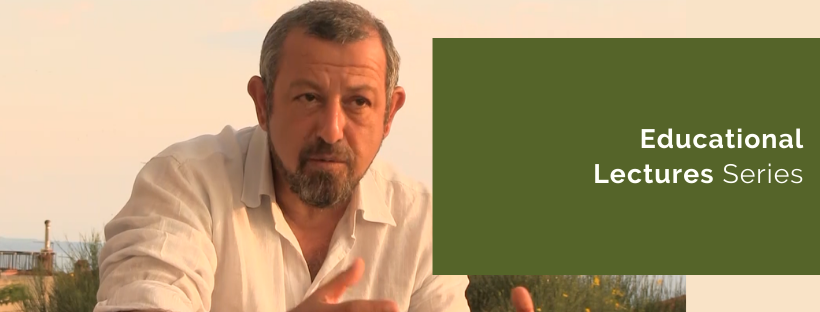Safeguarding democracies and strengthening their institutions is a result of continuous elaboration and negotiation on the future of our societies. Human rights are no exception to this, and are key to any discussion on integration.
The recognition of human rights evolved following the social revolutions of the 18th century, leading today to binding frameworks and their universal recognition. In 2018 seventy years passed since the UN Universal Declaration of Human Rights came into existence; its significance remaining of paramount importance.
Symbiosis, through the production of five thematic educational lectures, contributes to the discussion on these core principles. A series of five educational podcasts on human rights provided by Assistant Professor Andreas Takis, Faculty of Law, Aristotle University of Thessaloniki, illuminate fundamental notions and spark interesting elaborations.
Educational Lecture Series on Human Rights and Integration
Educational Lecture 1: “Free Man and the Right to Have Rights”
Professor Andreas Takis analyses the evolution of human rights from the ancient city to present days and focuses on freedom as a good, the concept of citizenship and the idea of belonging. The lecture focuses on rights and the humanity as a subject of obligations and rights, and raises the question: what do we mean by “the right to have rights”?
Educational Lecture 2: “Categories of Rights and the Idea of Equality”
The lecture focuses on the analysis of the notion of equality as a constitutional and structural idea of rights. In addition, the categories and evolution of rights in relation to social and technological change are being analysed. What do we mean when we talk about post-rights and what are the post-rights?
Educational Lecture 3: “Absolute Rights, Claims and Discrimination”
The lecture focuses on the discussion about rights and clarifies the content of the terms ‘absolute’ and ‘relative’. How human rights are being violated and how does the state act simultaneously as a guarantor and a violator of the rights of its citizens?
Educational Lecture 4: “Infringement – Legal Protection of Rights and the Institution of Justice”
How rights are being safeguarded? The role of guarantee and enforcement mechanisms in a politically organized co-existence is discussed.
Educational Lecture 5: “Discrimination and Diversity”
Andreas Takis explains how discrimination is being shaped and consolidated. What do we mean by discrimination, and when does discrimination violate human rights?

